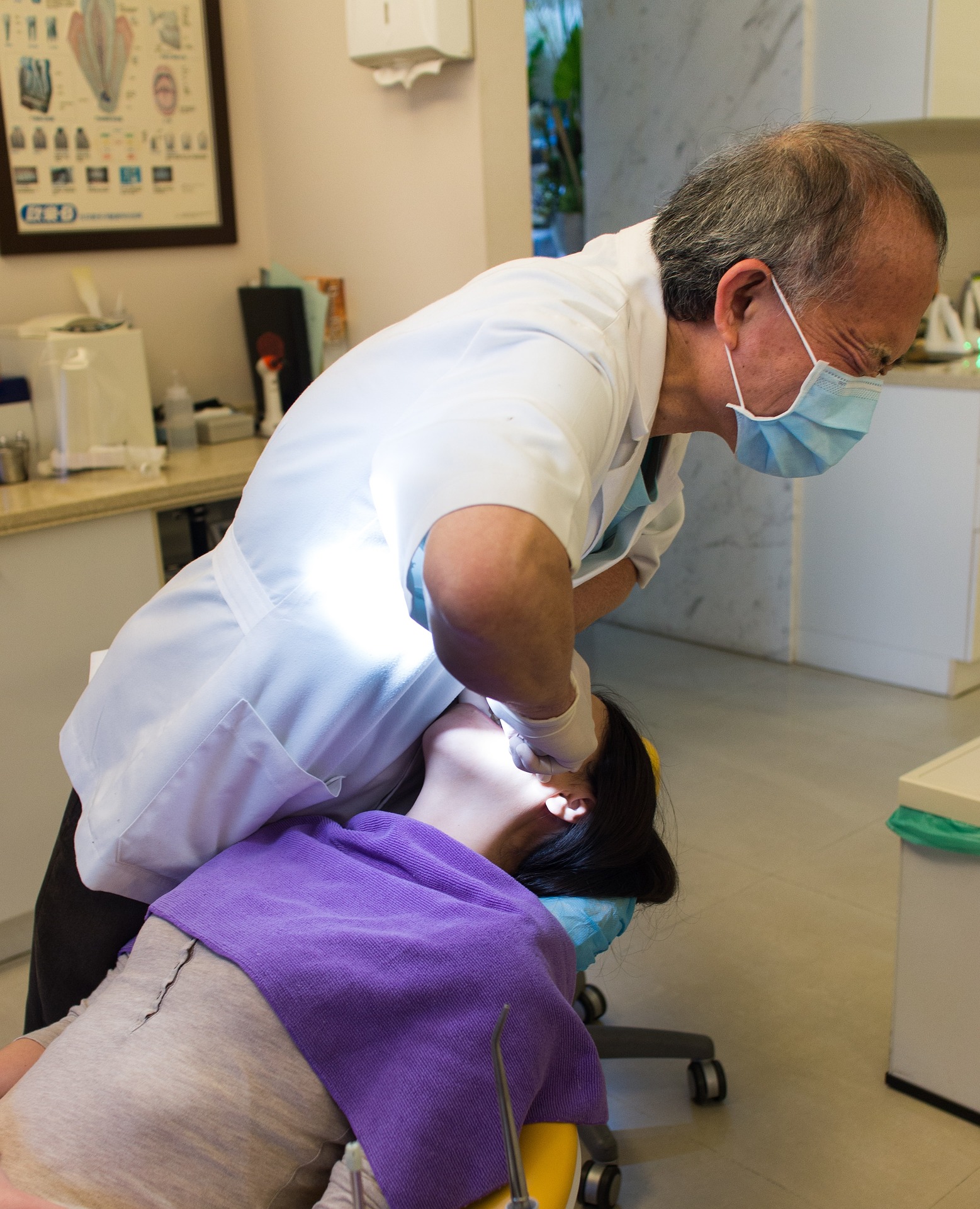Wisdom teeth removal is not always necessary, but understanding its purpose will help you know when to seek this procedure. Consider the following to make a well-informed decision as to whether Newmarket wisdom teeth removal is right for you.
Removal Prevents Many Problems
If there is insufficient space in your mouth for wisdom teeth, you will need an extraction to avoid crowding. The lack of space may also lead to impacted wisdom teeth (when the teeth never erupt) or swollen, painful gums due to a flap of skin around a partially erupted tooth. When gums cover teeth, you are at a higher risk of gum disease and tooth decay due to difficulty cleaning the area.
Risks Are Minor
Complications arising from wisdom teeth removal are the same as the extraction of any teeth. It includes difficulty opening your jaw, slow healing of gums, and dry socket. To avoid complications, follow your dentist’s aftercare instructions. More serious side effects are rare, like lasting numbness of the mouth, a fractured jaw, or the opening of a sinus cavity.
There is also a risk of infection due to bacteria entering the bloodstream. If you have difficulty fighting off infections — for instance, you have an artificial heart valve or a heart defect — our dentist near you may prescribe you antibiotics before the procedure.
Wisdom Teeth May Never Cause Problems
Wisdom teeth only sometimes cause problems, typically in people between 15 and 25. It is also the best time to remove wisdom teeth, as the roots are not yet fully developed, and the jawbone is less dense. Although the risk of problems is much lower after the age of 30, if there is a chance that your wisdom teeth may exacerbate an existing medical condition, you should receive the extraction when you are in good health.

